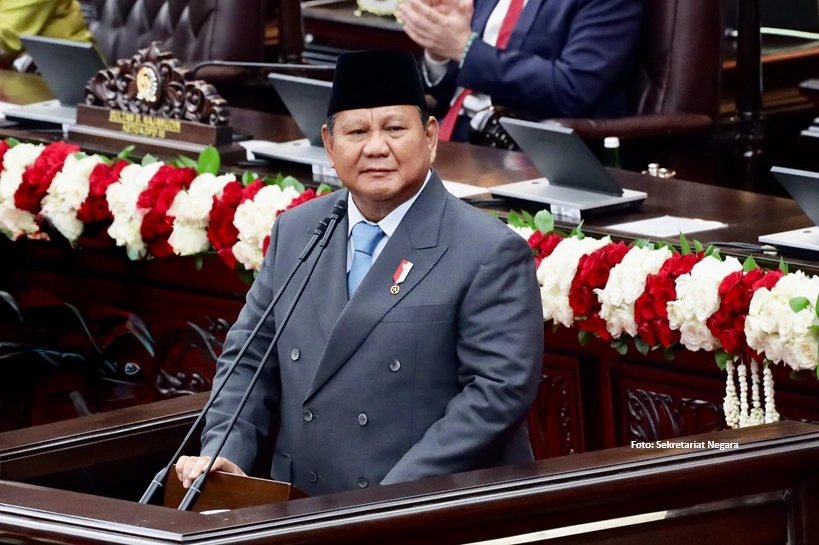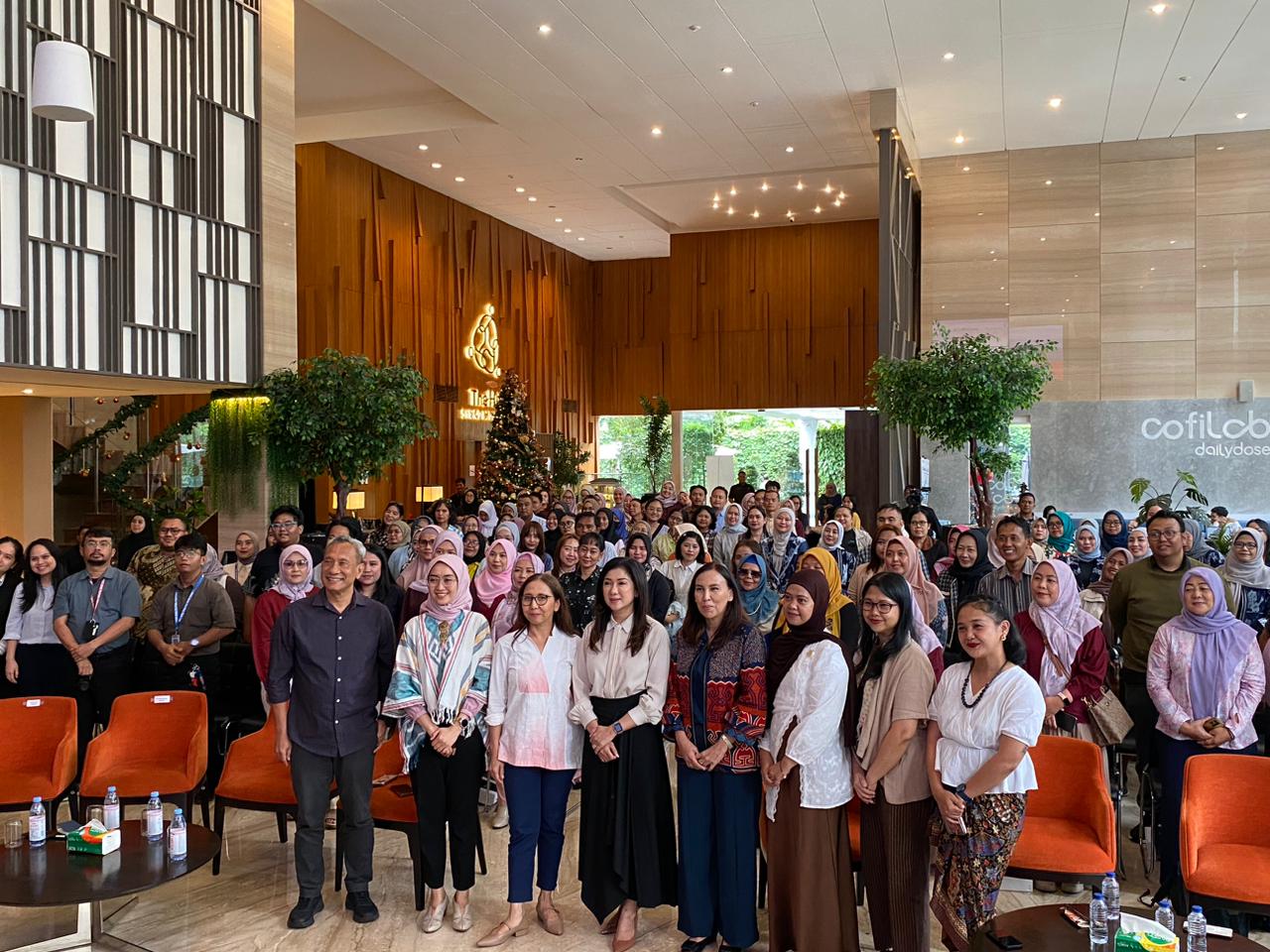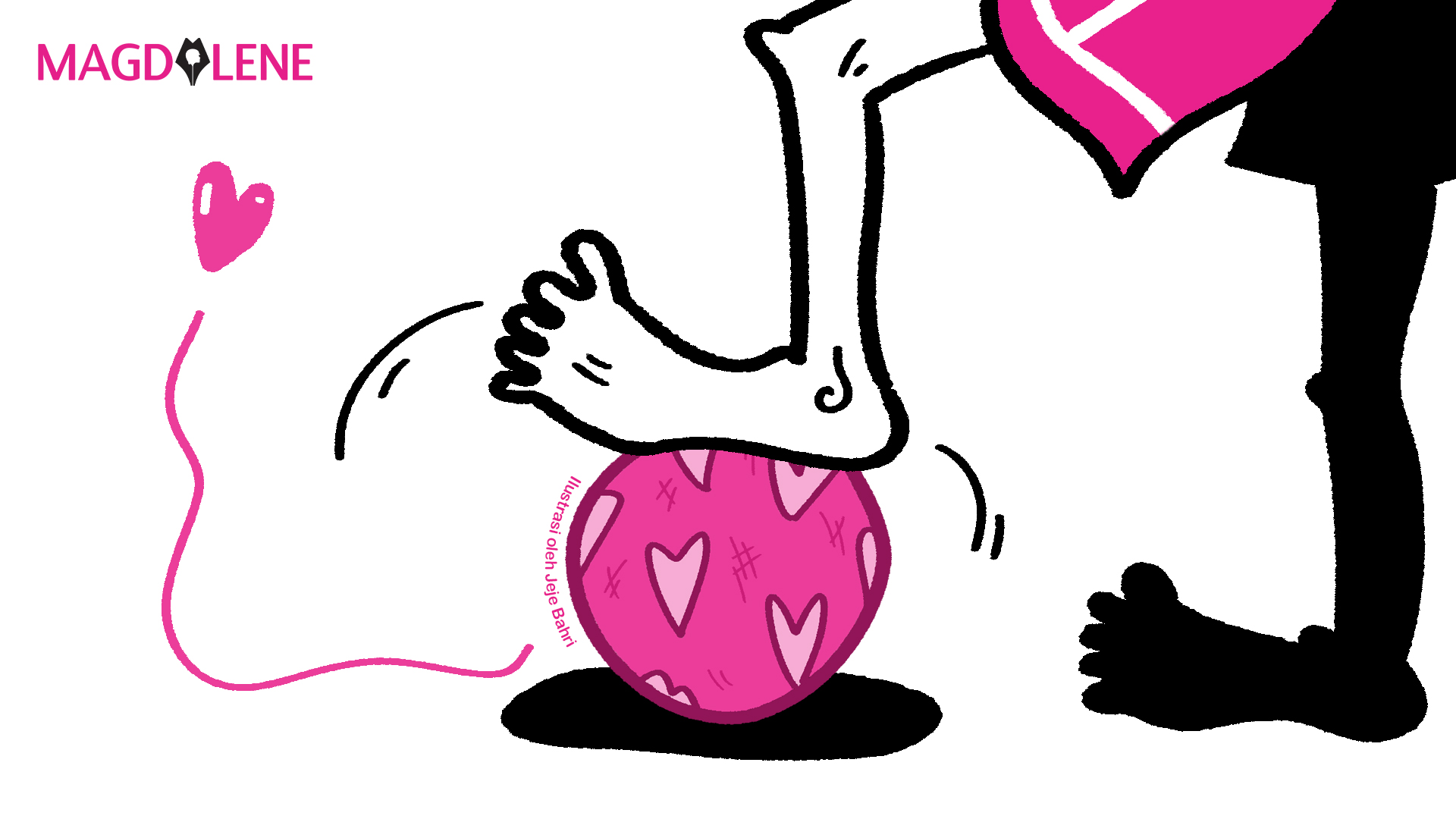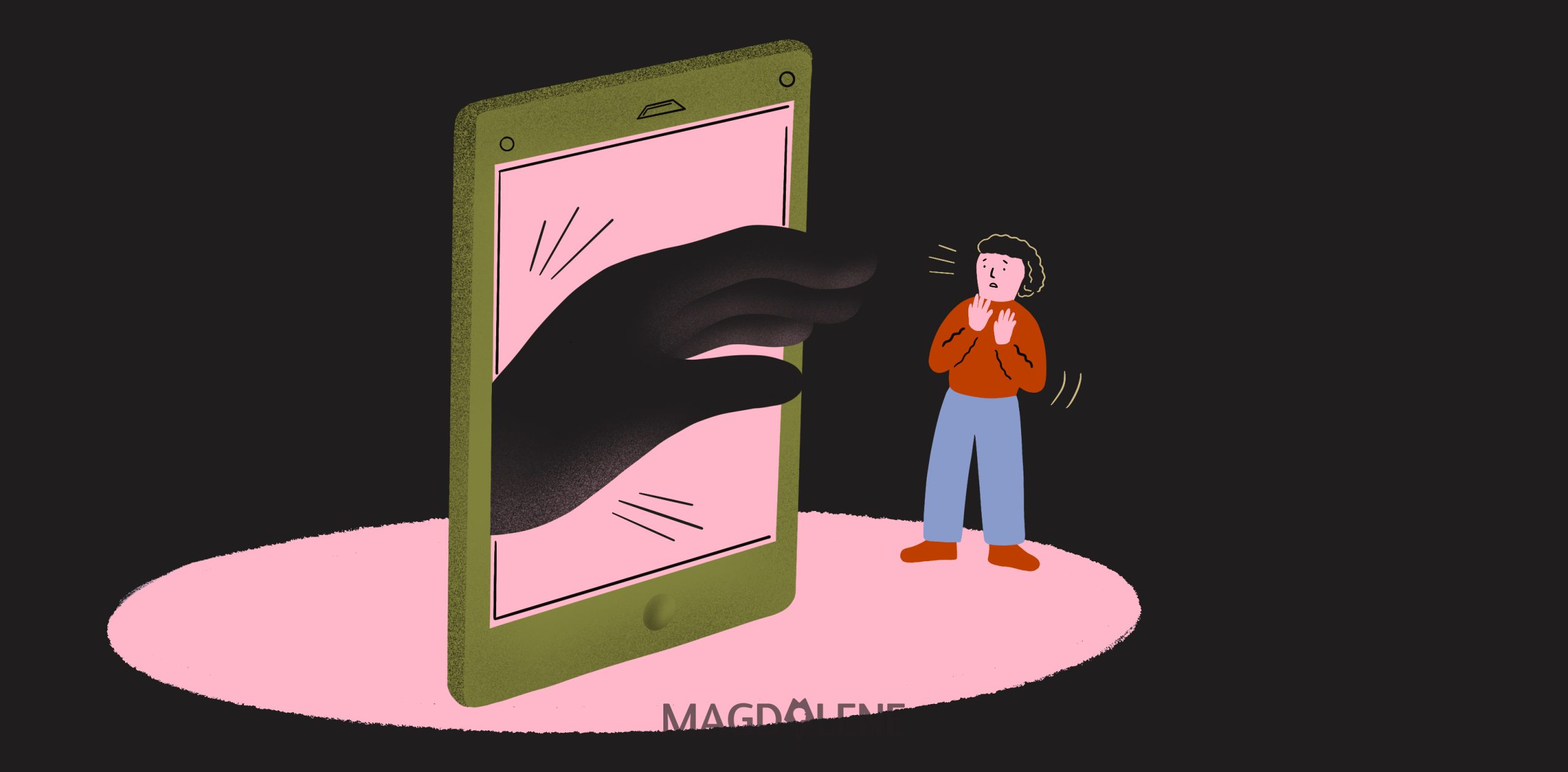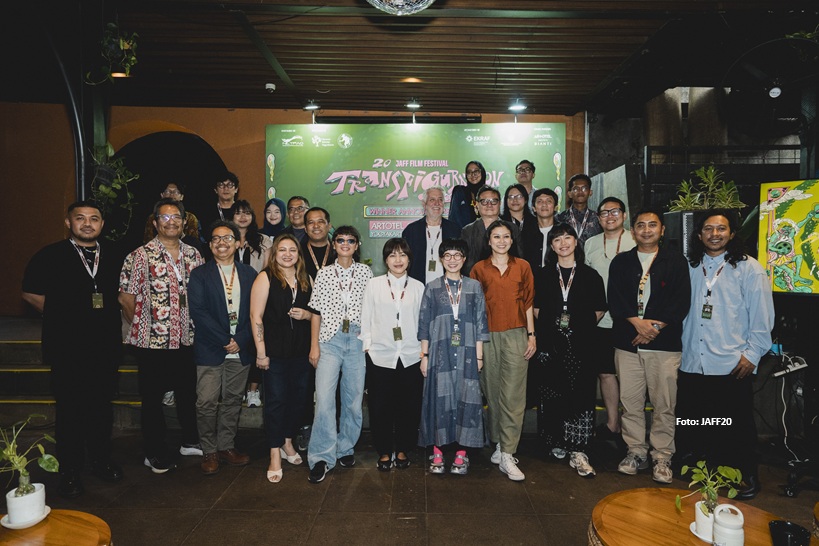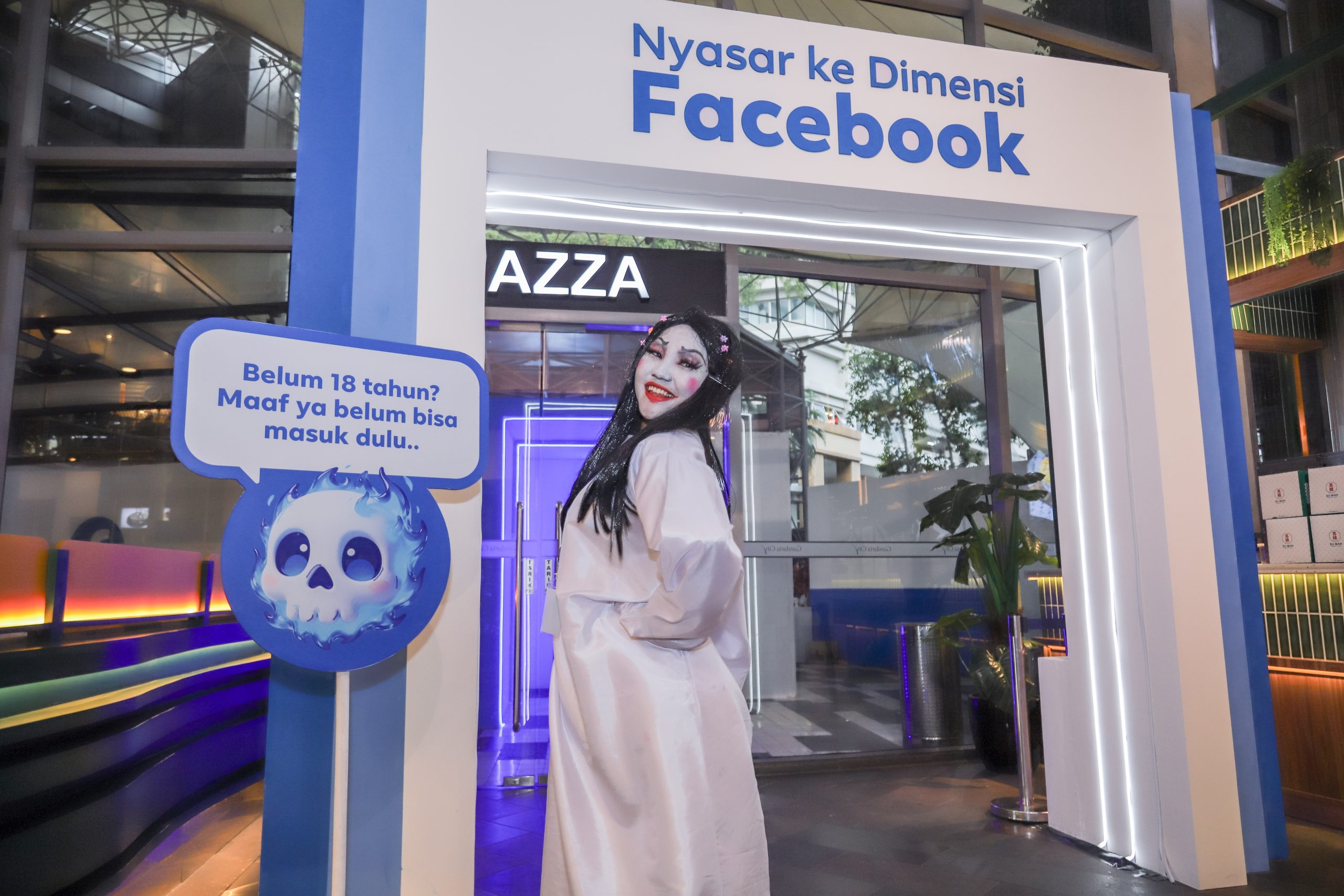My Religion is None of Your Business
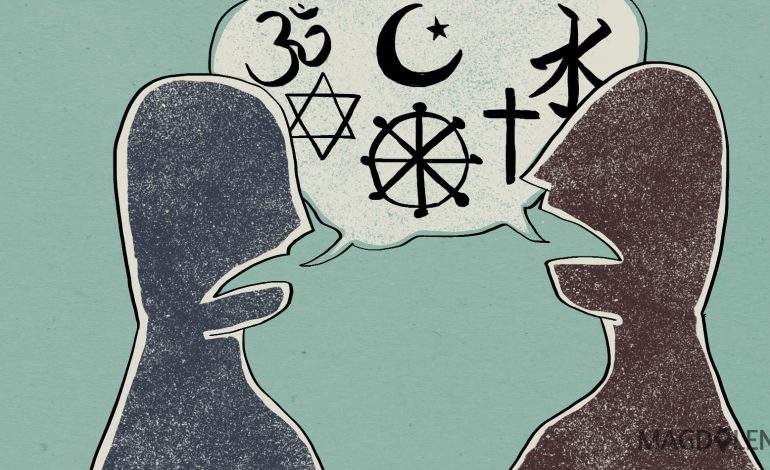
I can still remember when my mom and I went into a big electronic store at a shopping mall in Jakarta. We agreed to be a member so we had to fill out a membership form. Along with other basic information such as name, date of birth, and address, my mom was also asked what her religion is. Although she didn’t look surprise at all, it raised my eyebrow, because I had lived in Australia where religion is a private matter.
It made me question, what does religion have to do with our membership at the electronic store? Would the store provide certain benefits for certain religious groups? “Because you are a Buddhist we will put you as a priority member.” Or “Hey, since you are a Hindu, you will get a special Nyepi discount!” I don’t think so. Though not all stores do this, I am certain it is not the only business that want to know their customers’ religions.
OK, assuming they need the information for database. Maybe they need to know as much as possible about their members. It would just be like having our dates of birth (DOB) which doesn’t really mean anything more than data that can later be used for confirmation to them. But as much as I also think that DOB should be private, it is still not comparable to the privacy related to religion. For me this is a disturbing cultural problem in a society where asking someone’s religion is still very common.
On my social media feed I saw someone questioning the need of having a religion column on a registration registration form at a dermatology clinic. The responses varied. Someone speculated it was probably so they would not give any ingredients from pigs in their beauty/clinical products to their Muslim patients. While this argument sounds logical at first, it actually does not make a lot of sense, because in Indonesia producers tend to totally avoid non-halal ingredients, lest they be embroiled in controversies.
Except for restaurants or food products that are usually certified anyway as, women in Indonesia rarely make an issue out of ingredients when purchasing any cosmetics or skin care products. But even if that’s the case, the clinic or dermatologist can directly ask each patients for permission every time they consider to put “non-halal” ingredients. So not all patients/costumers simply need to disclose their religions on the forms.
The same also happens when I fill in application forms for jobs in Indonesia. In addition to religion, they ask some other sensitive details. This could never happen in Australia and Canada where I have lived for several years. In Canada, people have the options even to disclose our ethnicity and gender, so that any institutions or companies can take the information into consideration in meeting employment diversity. What it would never do is ask people to disclose their religion and age. On job ads there one would never find requirements based on gender and age like those commonly found in Indonesia (Male wanted, 25-35 years old). In fact, it is unlawful in many countries to limit employment applications based on those grounds.
I believe our identities deserve more privacy, especially as it has the potential to expose us to prejudice and discrimination. Although the First Principle of Pancasila indicates that Indonesia is not a secular country, it also implies that the state protects freedom of religion. Perhaps the fact that our resident identity card with its religion column influences this tradition to ask us to state our religion all the time. But it doesn’t have to be that way.
Yes, you have the rights to show your religious sentiment or identity, by wearing religious attributes or posting “I love Allah SWT” on Facebook or having “Jesus for Life” sticker at the back of your car, but not all of us feel the same way. Some people, especially the minorities, may feel uncomfortable to talk about religions.
While Indonesia’s ideology is based on the belief in God, it doesn’t make an individual’s religion everybody’s business. Respecting individual’s private boundaries, especially when it comes to religion, can be a starting point to teach tolerance and to end religious-based discrimination.
Raisa Fathia is a dog person and noodle lover. A graduate of International Relations, she is currently pursuing her passion in filmmaking and photography.



